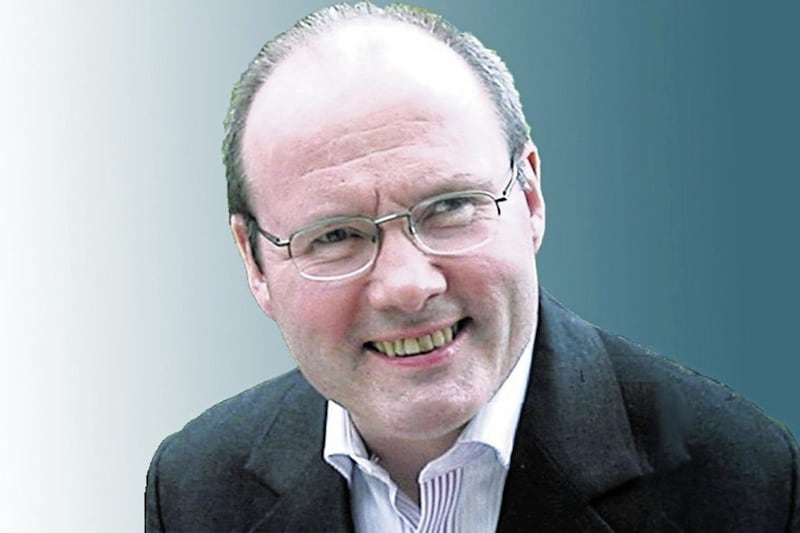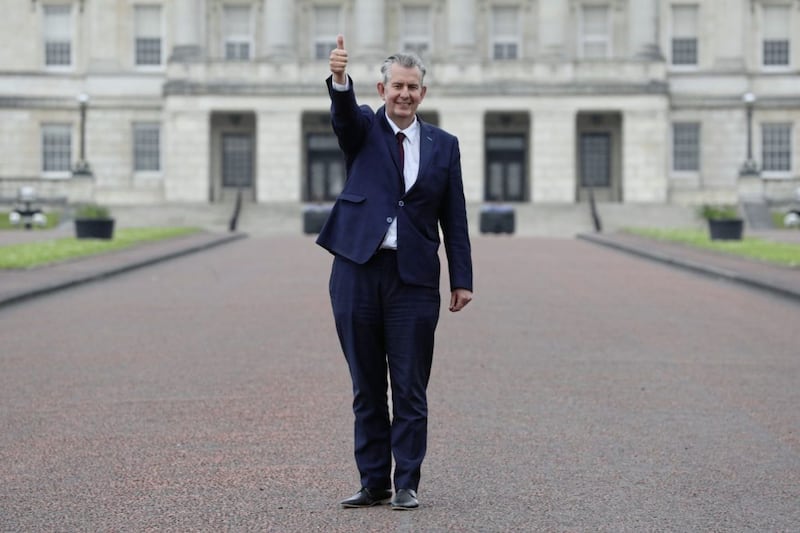One of the great casualties of Brexit has been Anglo-Irish relations.
That is bad news for all of us.
It is summed up in the tale of two Downing Street statements issued nine years apart.
On March 12, 2012, a Downing Street summit between Enda Kenny and David Cameron generated a meaty joint statement of 1,576 words which said: “The relationship between our two countries has never been stronger or more settled."
On May 14, 2021, a Chequers meeting could not produce an agreed joint statement between Micheál Martin and Boris Johnson.
Downing Street issued a statement of 158 words which contained the nonsense that the two leaders “agreed…to maintain smooth trade between Great Britain, Northern Ireland and the Republic of Ireland.” Something impossible in the context of Johnson’s hard Brexit.
No wonder the Department of the Taoiseach put out their own statement, of similar length with no reference to trade.
The indications are that relations between Dublin and London may be worse than at any time since the Thatcher-Haughey bust-up over the Malvinas/Falklands conflict nearly 40 years ago.
Against this background let us ponder that remarkably balanced, inclusive, non-partisan, carefully worded yet under-reported message by Queen Elizabeth II marking the centenary of the creation of Northern Ireland.
With its non-mention of the “c” i.e. “celebrate” word; talk of NI’s “rich mix of identities, backgrounds and aspirations”; recognition that our future rests with the people here alone; and warm words for “the important contribution” of “our friends and closest neighbours” in the Republic, it struck a different note from what we heard about north/south relations from Planet Poots.
A significant factor in the nosedive in relations - apart from Johnson’s apparent indifference or worse – is that post Brexit Irish and British ministers and officials no longer meet or network on a regular basis as EU partners. Also, there is no apparent appetite in Downing Street to address this deficit and restore relations to what they were like at the time of the historic state visits of the Queen and President Higgins in 2011 and 2014.
However destabilising Brexit has been, and however exasperating must be Johnson’s fetish for sovereignty and unilateralism, Dublin bears some responsibility for the poor state of relations.
Successive Irish governments permitted the lapse of the British-Irish Intergovernmental Conference for more than a decade after devolution in 2007 even though the BIIGC is a Strand Three standing institution of the Good Friday Agreement.
The BIIGC has not met for two years although after a Simon Coveney-Brandon Lewis meeting in Dublin on May 5 it was announced it would meet this month.
A key priority for both governments must be to repair relations because history shows that the peace/political process in such an endemically difficult a polity as this cannot be taken for granted. We always have a better outlook when the two sovereign governments are jointly and creatively focused on the north.
Boris Johnson was once Britain’s chief diplomat, (I kid you not) aka Foreign Secretary, supposedly charged with promoting relations with countries such as Ireland. I remember Cardinal Cahal Daly, of blessed memory, telling me that Prime Minister John Major had said to him those good relations with Dublin were crucial to Britain’s “national interest.”
But does Boris get that?
Foreign Secretary Johnson wrote a 4,300-word article about Brexit in the Daily Telegraph in 2017 and failed to make a single mention of Ireland, Northern Ireland or the Irish border issue even though the latter was dominating every news bulletin and driving his prime minister round the bend.
His failure to engage properly with Ireland continues.
Johnson should ponder deeply another line in that message from his Queen: “It is clear that reconciliation, equality and mutual understanding cannot be taken for granted, and will require sustained fortitude and commitment.”
One hopes that sentiment was conveyed robustly by the taoiseach at Chequers and will continue to be pressed so that it gets into Boris’s head.








